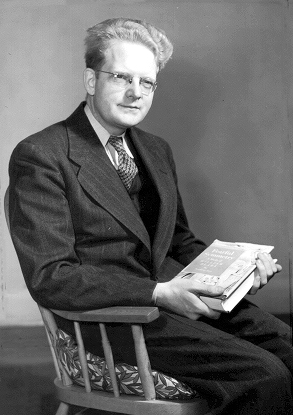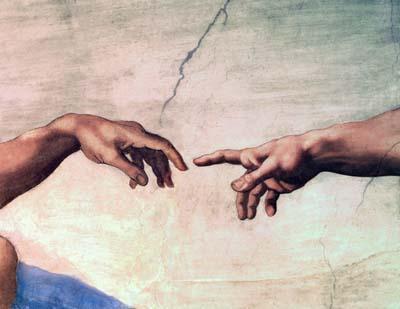
A perhaps unexpected but delightful inversion of values: Laissez-faire may be anti-democratic, but democracy is culturally laissez-faire. From “War on the Cultural Front,” (written in August 1940, when the war was going badly for the British Imperial forces, including Canada):
Democracy is in essence a cultural laissez-faire, an encouragement in art, scholarship, and science. The list of people tortured and banished by Hitler includes Jews, Catholics, Protestants, Freemasons, homosexuals, and sponsors of rival brands of Nazism like Strasser. No one can be equally sympathetic with all these groups, but in the last century English culture has received contributions from Jews (Disraeli), Catholics (Newman), Protestants (Browning), Freemasons (Burns), homosexuals (Wilde), and a spokesman of potential English Nazism (Carlyle). Obviously there has been some considerable anarchy in English culture, a hopelessly inconsistent inclusiveness about it, and that large inconsistently is the basis of democracy. For it implies the acceptance and practice of the scientific attitude on the part of the people as a whole: the inductive suspending of judgment until enough, not only of the facts and discoveries and techniques, but of the viewpoints and theories and gospels and quack panaceas, are in, before changing the direction of social development. Opposed to this is the crusading religious temperament of the dictatorships working with a partial and premature cultural synthesis. Out of this inclusiveness of outlook springs everything else we associate with democracy, and it is on that basis that democratic countries rest their claim to be more hightly civilized. (CW 11, 186)

